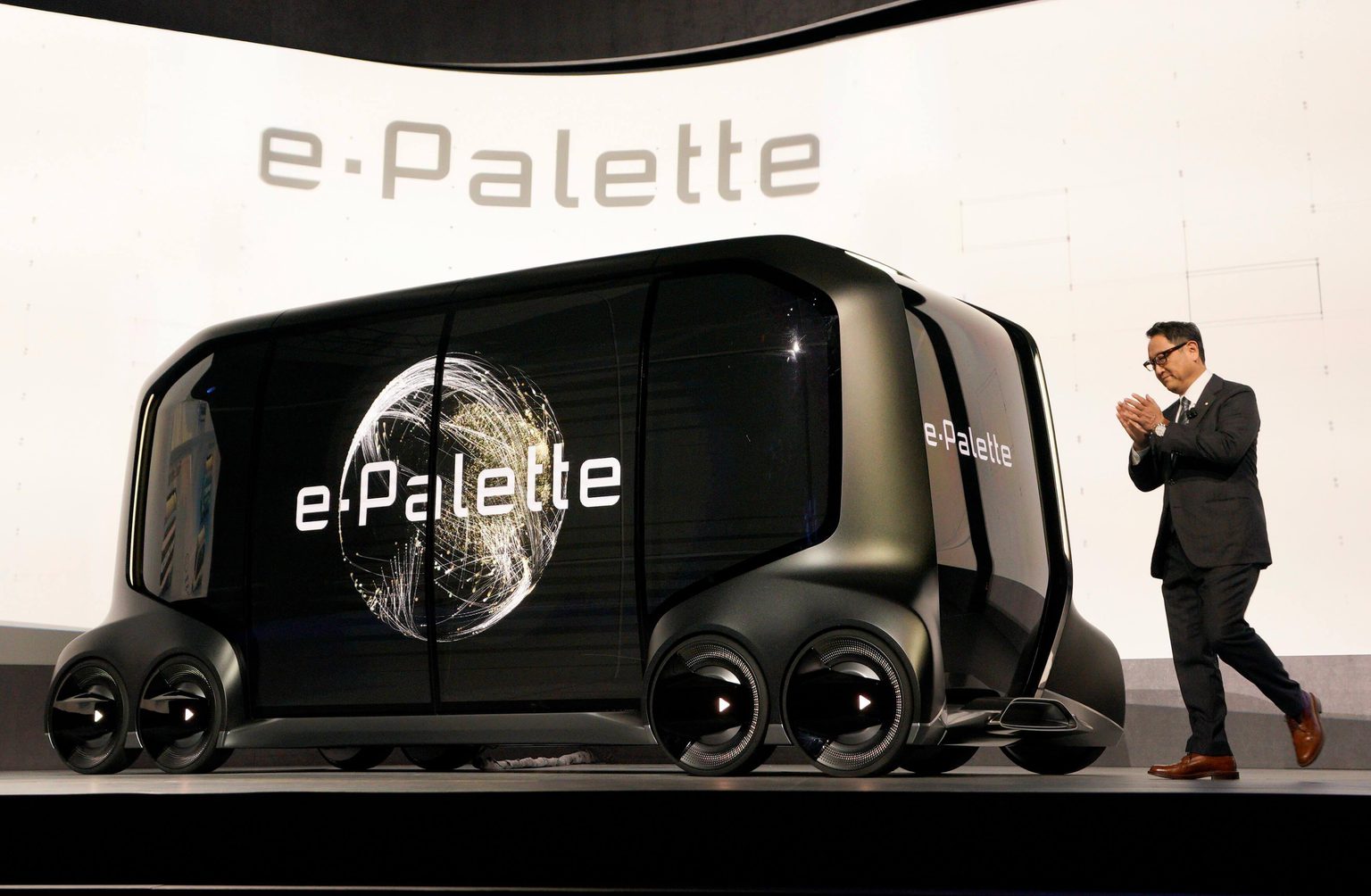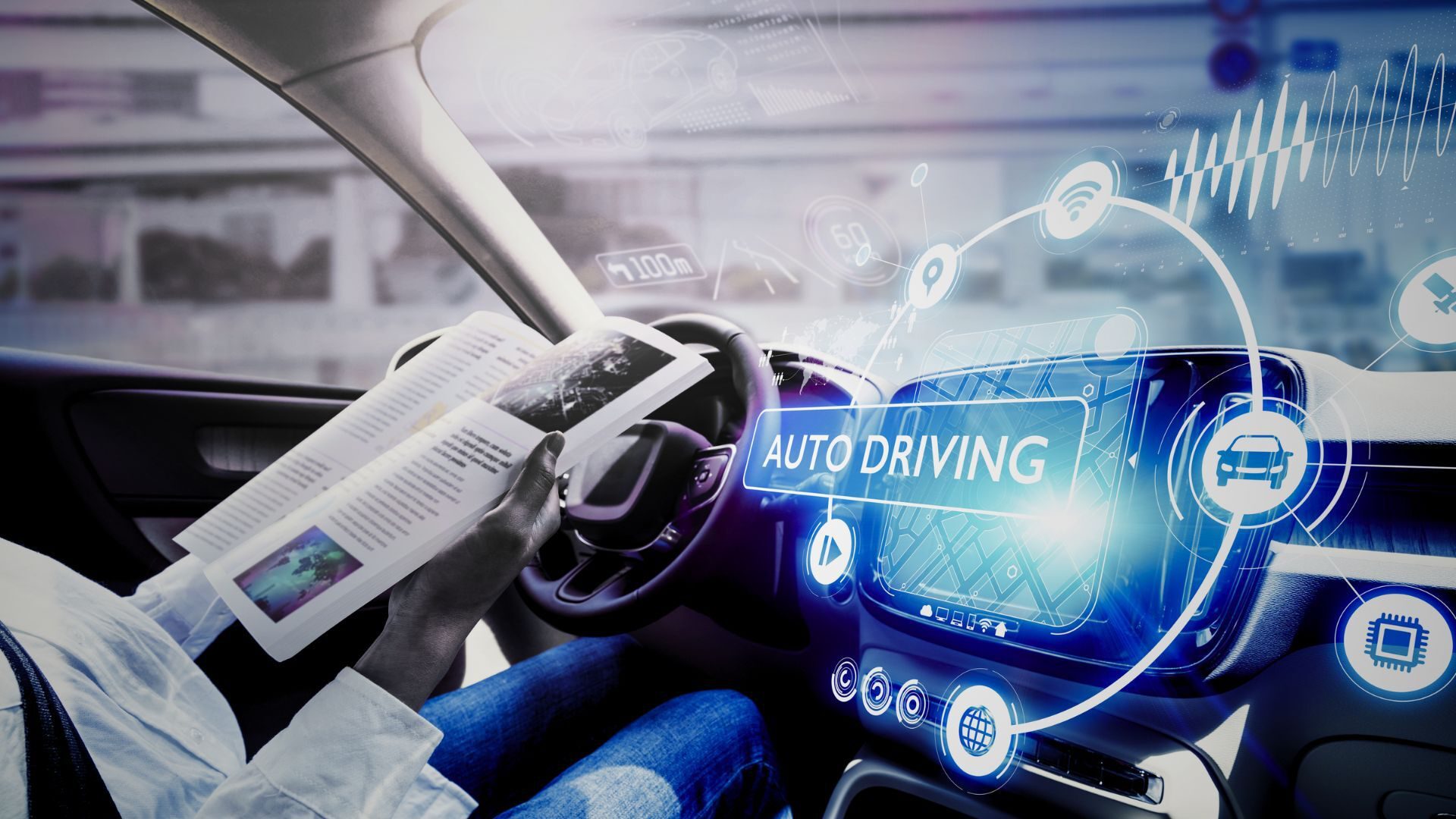
Mobility

Toyota | Mobility Vision
Category
Expertise
We partnered with Toyota to develop a vision of mobility in the United States in 2030, helping them frame and communicate fundamental ideas for realizing that future.
CHALLENGE
A future driven by connected mobility is coming, and for both automobile manufacturers and consumers alike, this new reality will fundamentally change our neighborhoods, our cities, and our world. But how can car companies comprehend and prepare themselves for a future where technological advances and the impact they have on our society will be increasingly transformative?
Toyota partnered with Teague to answer questions critical to the future of mobility, including:
Together, we developed a vision of mobility in the United States in 2030, to frame and communicate fundamental ideas for realizing Toyota’s preferred future.
APPROACH
Predicting the future is not easy. To create an informed vision of urban mobility and determine how Toyota might realize that future, our team began by immersing ourselves in industry trends and insights to develop clarity about how shifts in technology, transportation, and society might evolve personal mobility in the U.S. From there, we brought together Toyota stakeholders for an intensive and immersive two-day workshop.
This hands-on experience brought together key representatives from across the company, as well as external subject matter experts who contributed unique knowledge, perspective, and understanding of looming changes in the environmental, cultural, and technological landscape.
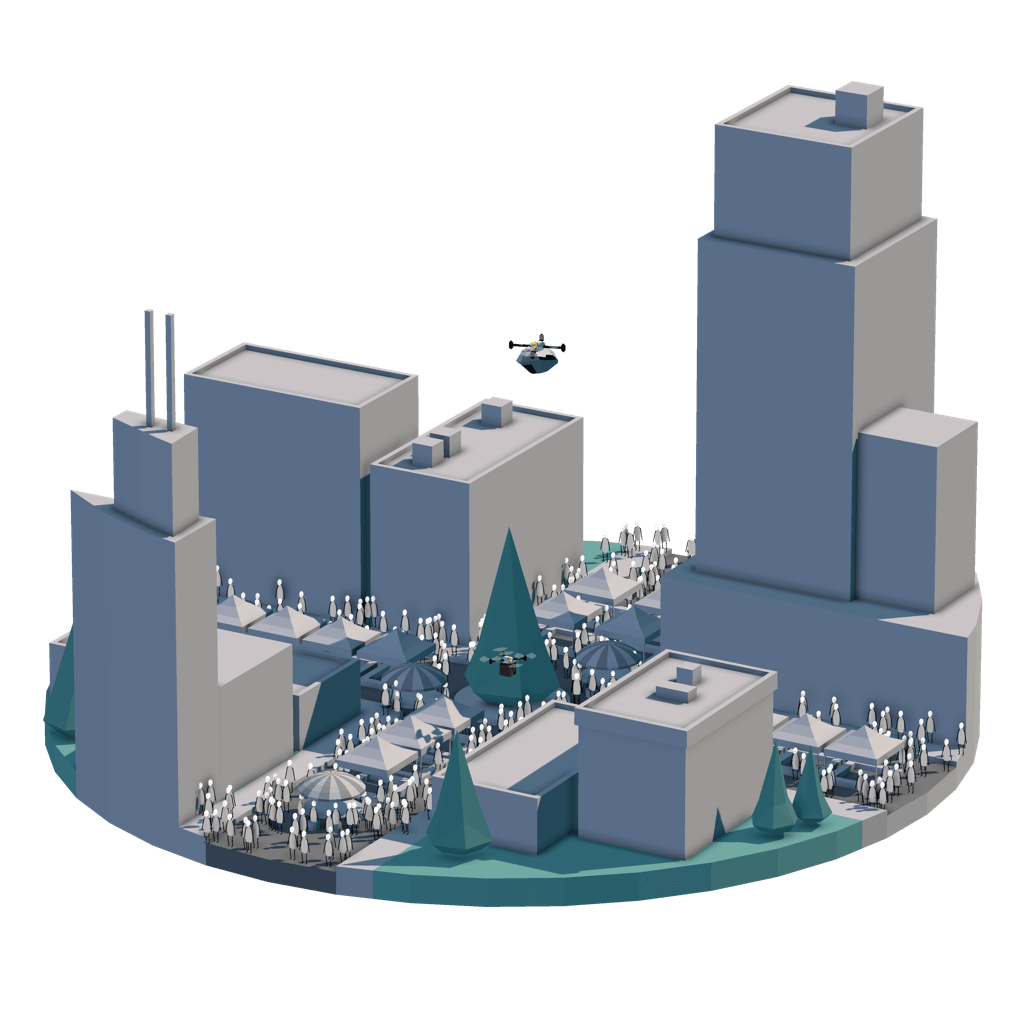
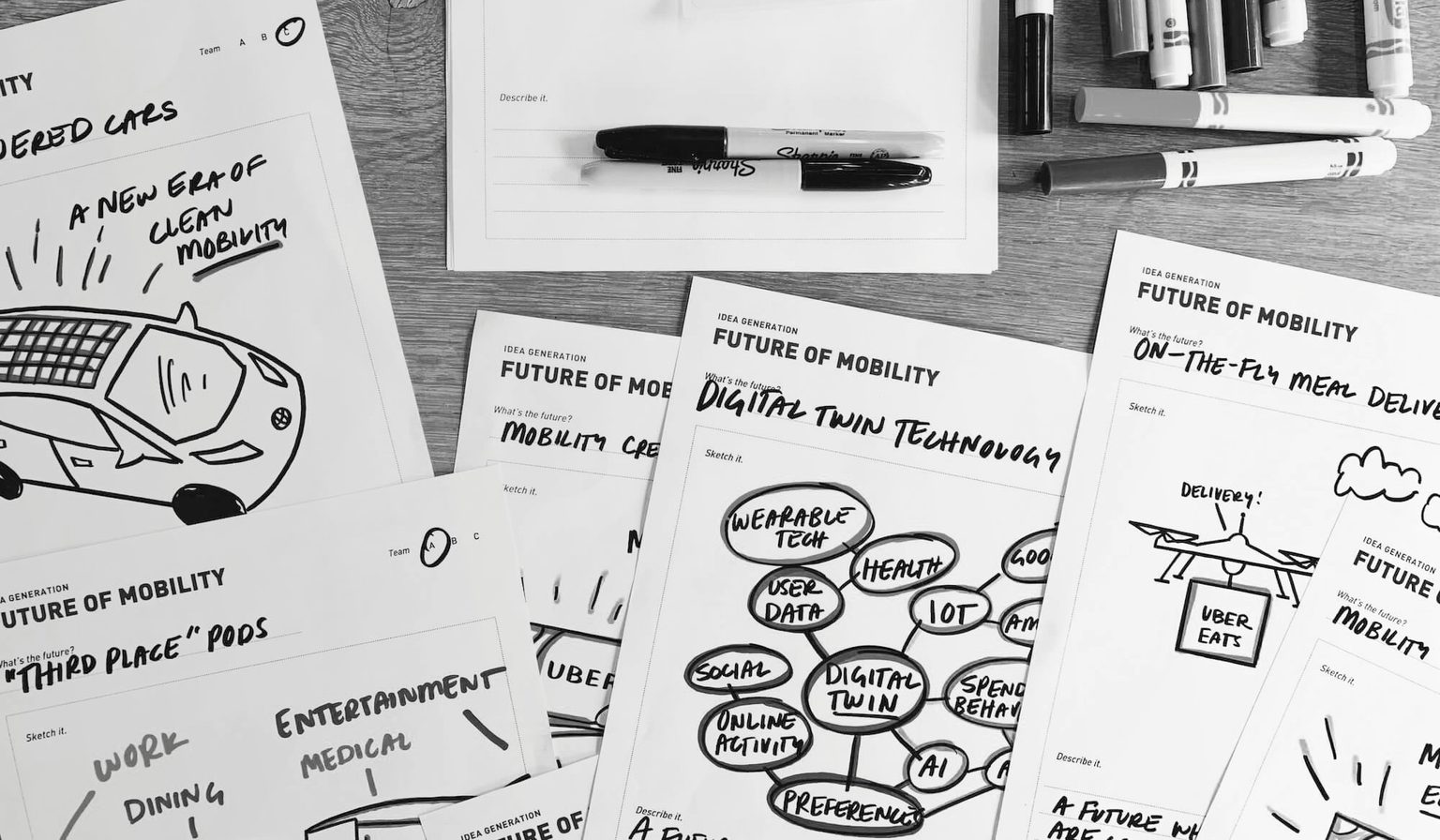
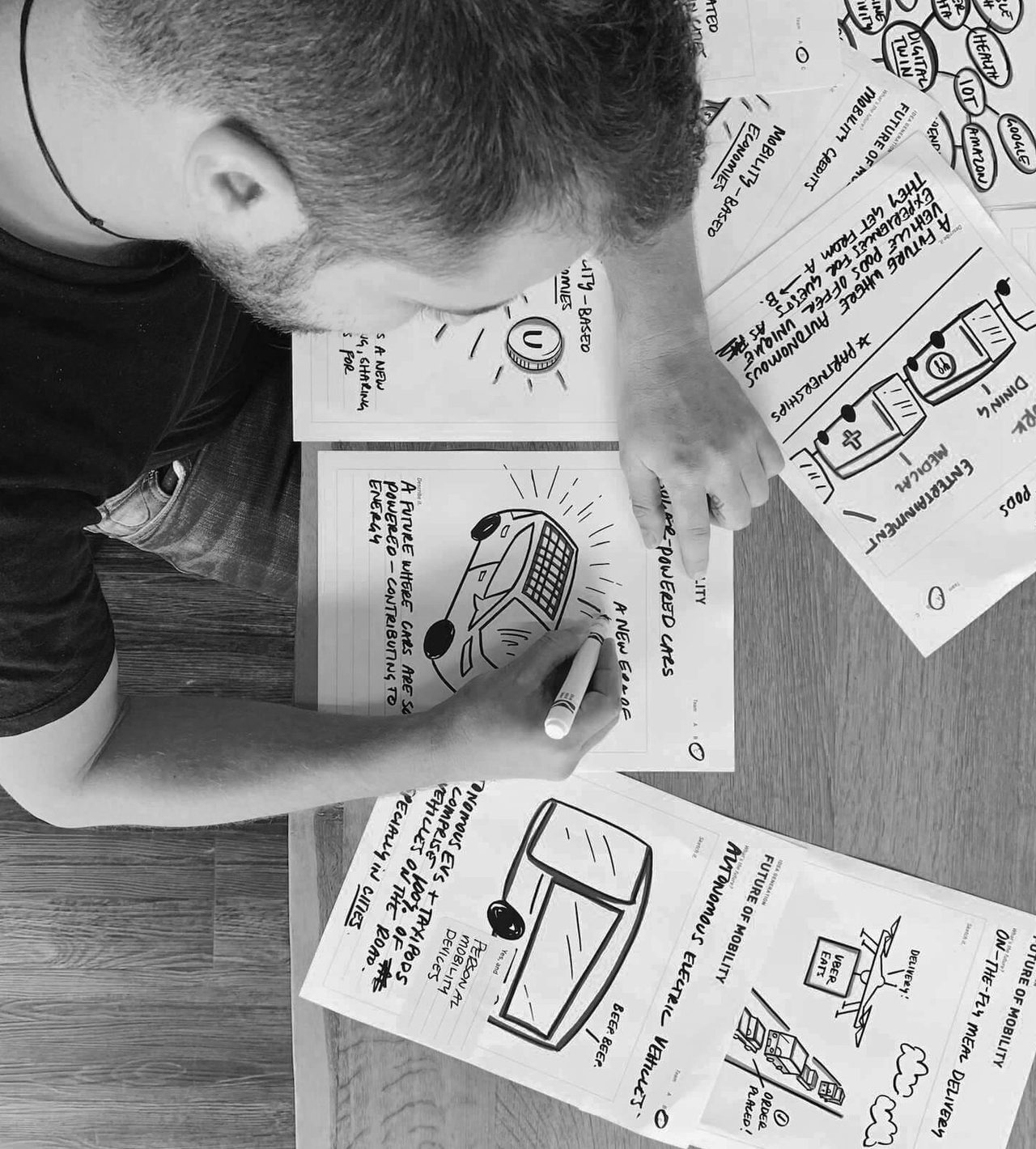
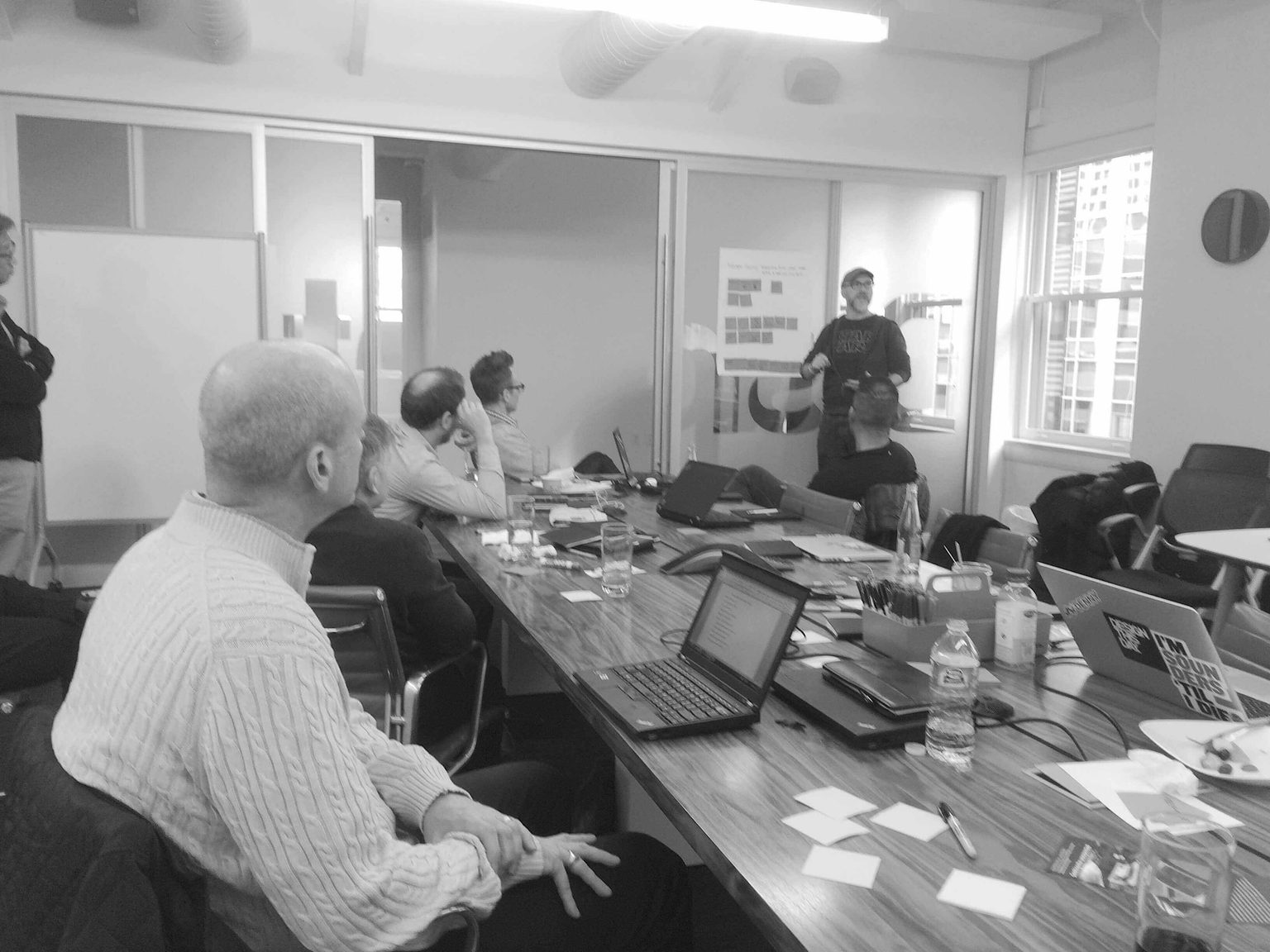
SOLUTION
In a world of dramatically changing urban environments governed by people and policy, mobility will be regulated. It will be transformed by services and it will reward those who develop new business models with greater market relevance. Armed with such a road map depicting what the future of mobility will look like in 2030, Toyota’s vision boldly illuminates strategies for today, to ready the company and begin bringing its vision to life.
So, what steps Toyota will take? First, the company will have to forge new partnerships that broaden the reach of its brand into entirely new categories including healthcare, restaurants, and retail. Second, Toyota will need to enable mobility experiences that offer new revenue streams to a range of industry partners. From micro-leasing to experience-based subscriptions, all-new mobility-based economies will be created that benefit everyone. Finally, Toyota will need to integrate solar energy and other technologies to deliver zero-emission vehicles into city infrastructure and the everyday lives of its owners.
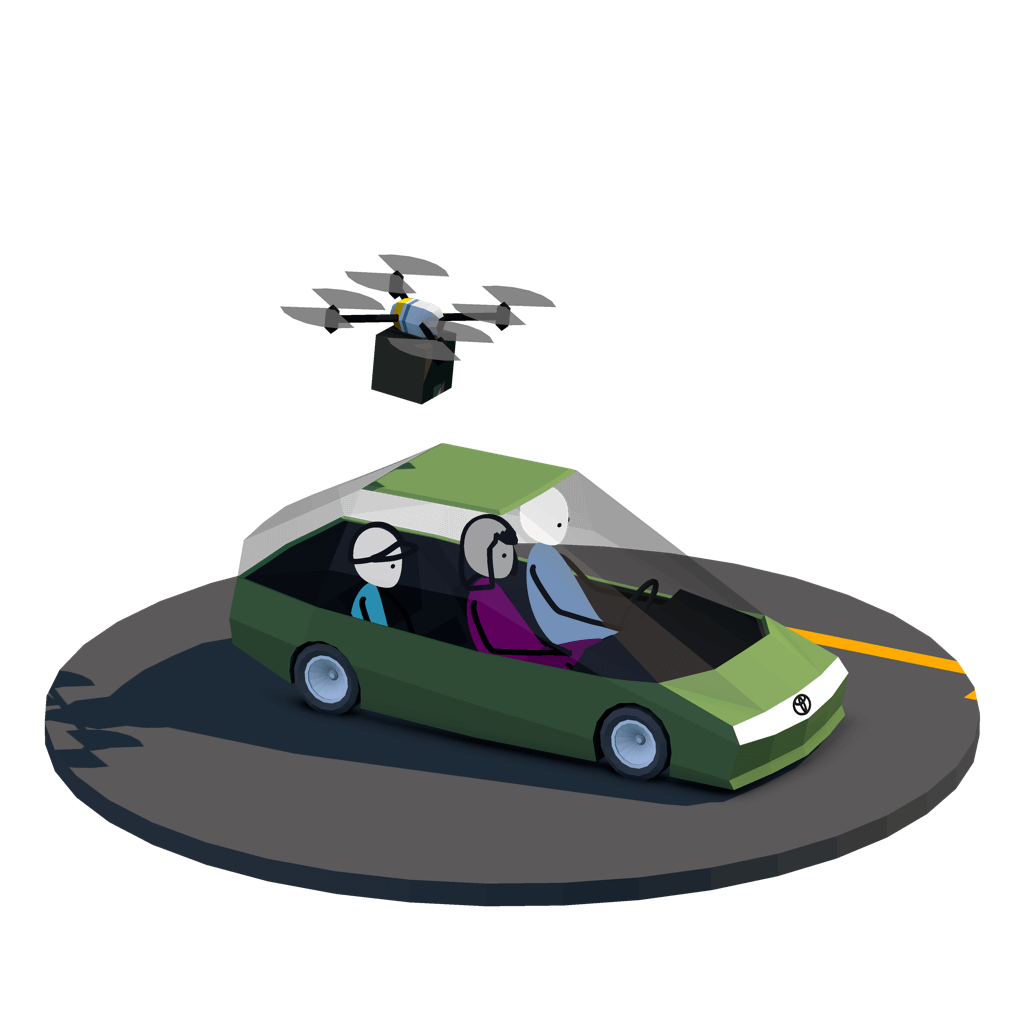


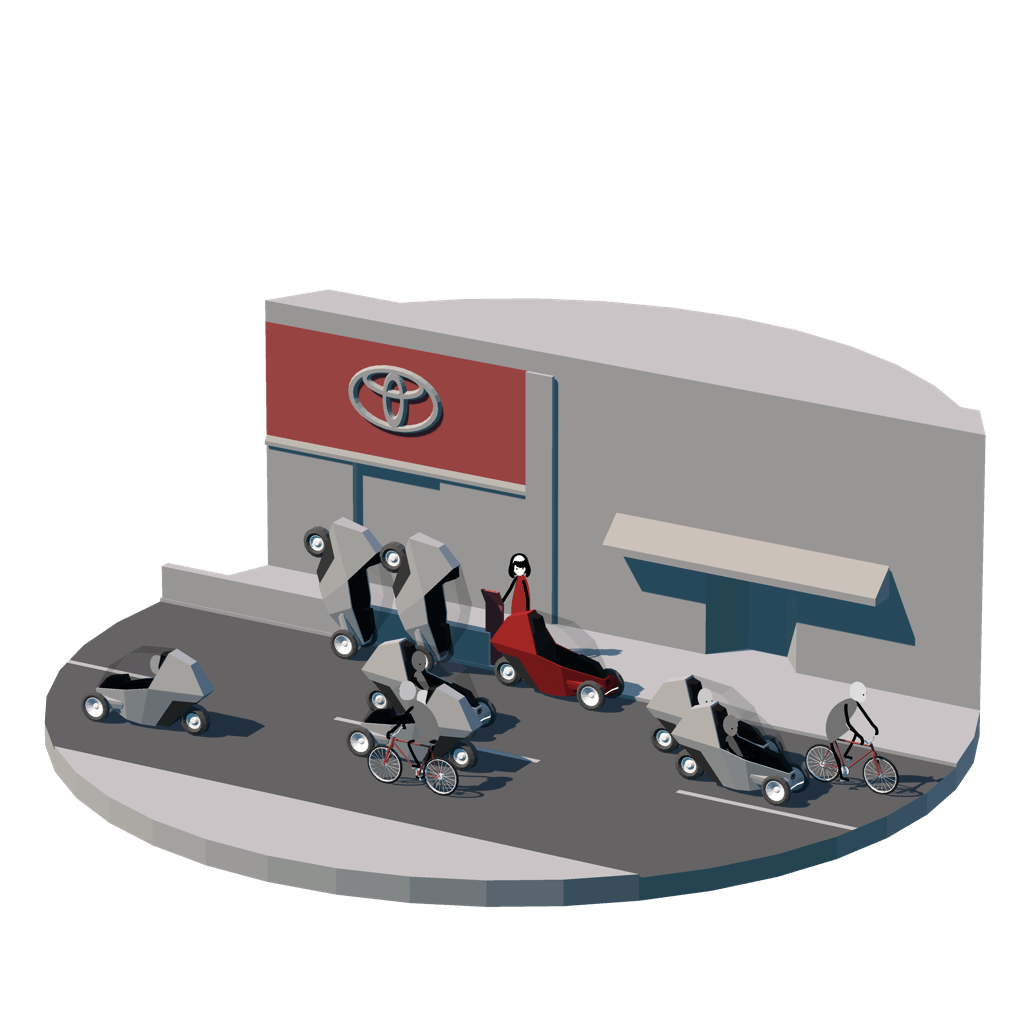
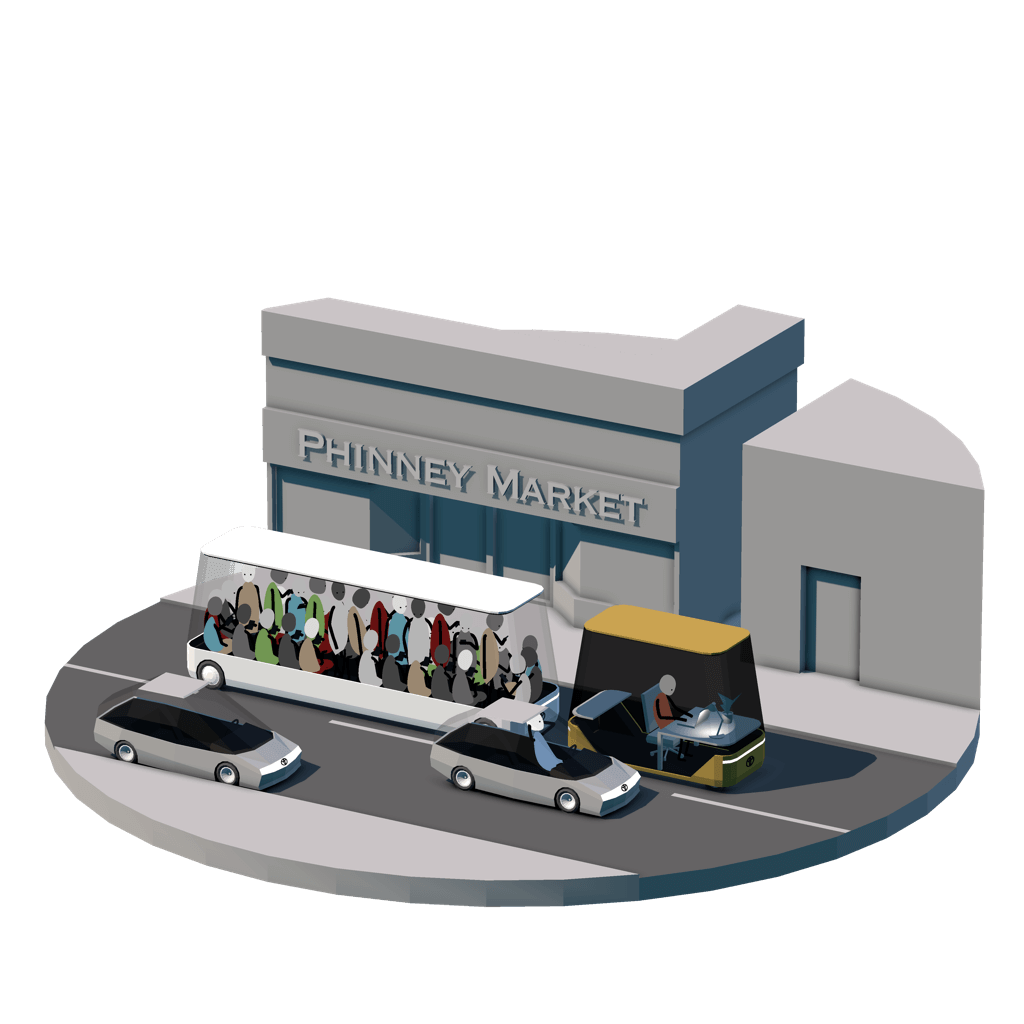
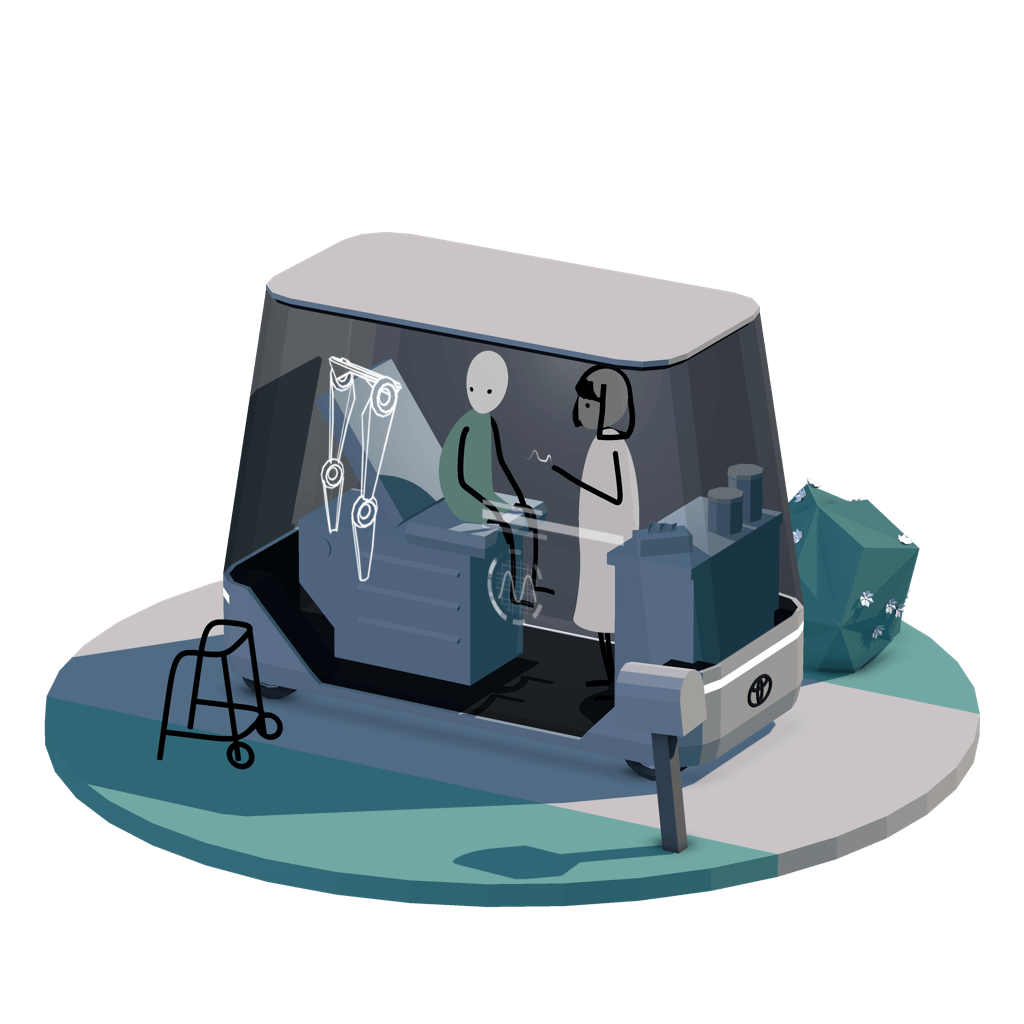
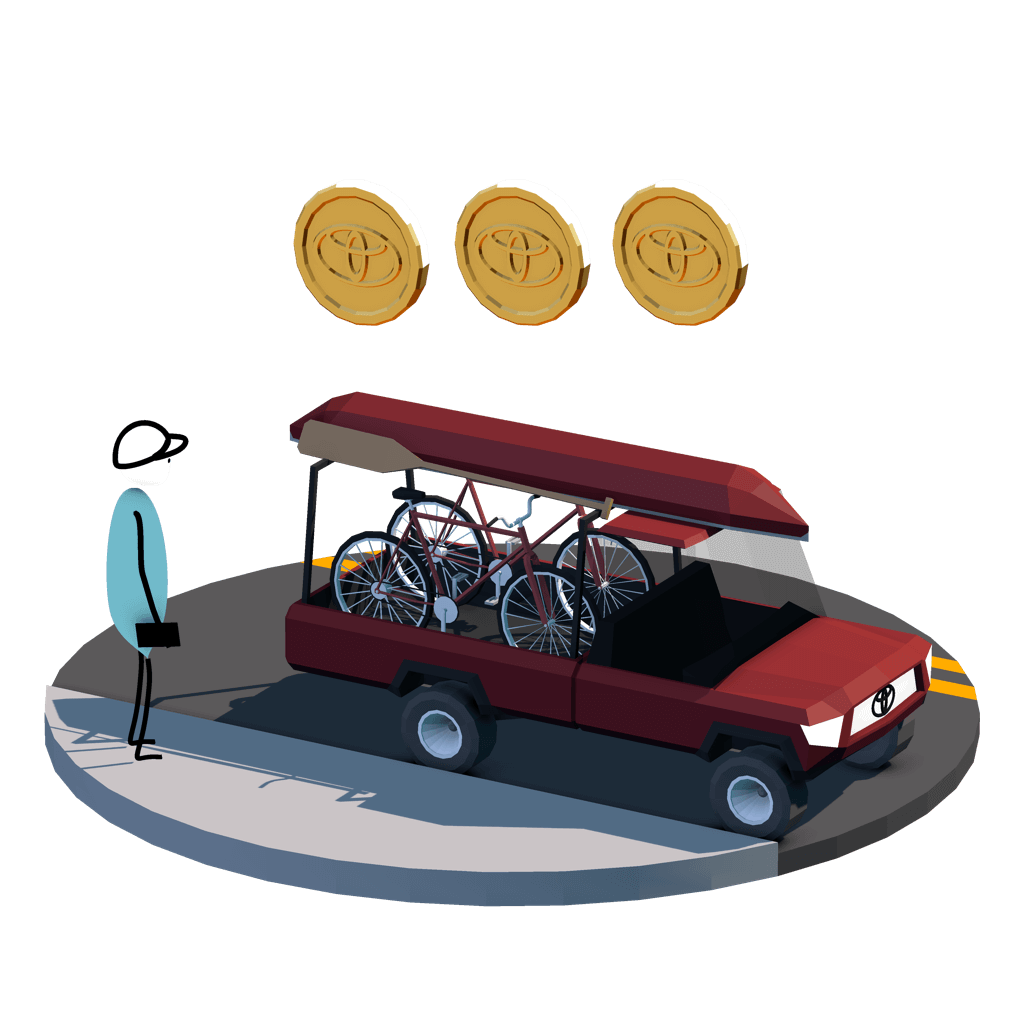
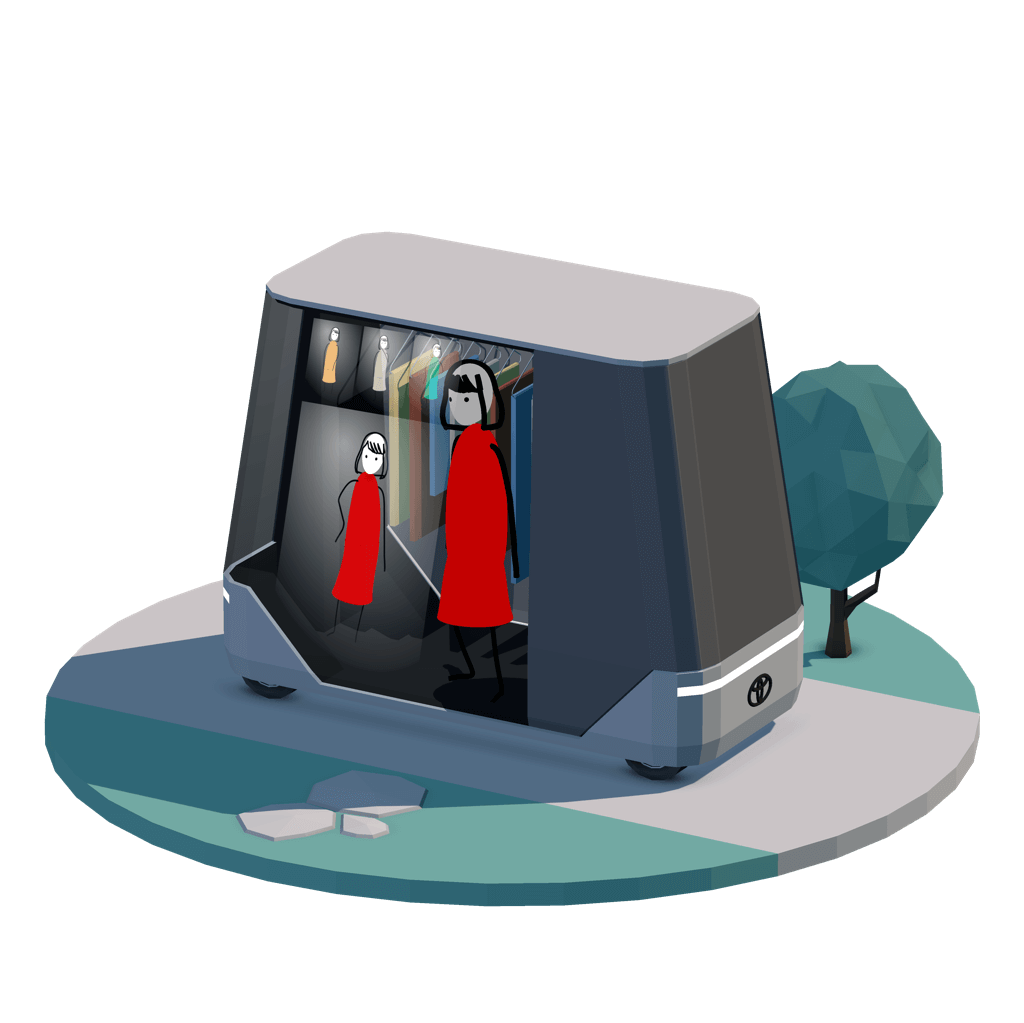
RESULT
Since the creation of its North Star vision, Toyota has followed through on its promise to prepare for the future of mobility with initiatives not only in the United States but across the globe. Most notably, the team debuted its e-Palette concept at CES, in addition to announcing investments from SoftBank and a slew of partnerships, including Amazon, Mazda, Pizza Hut, and Uber.
